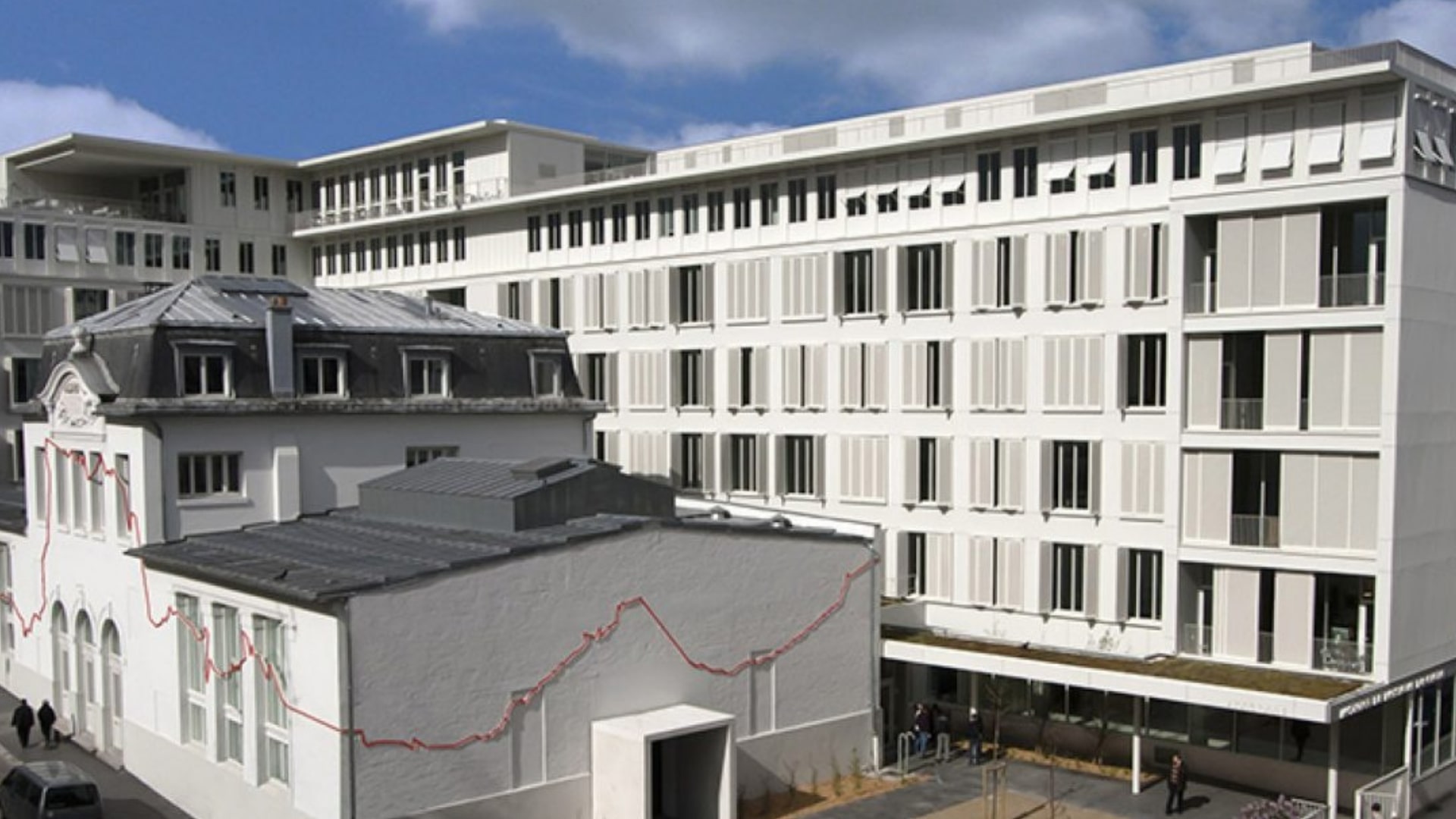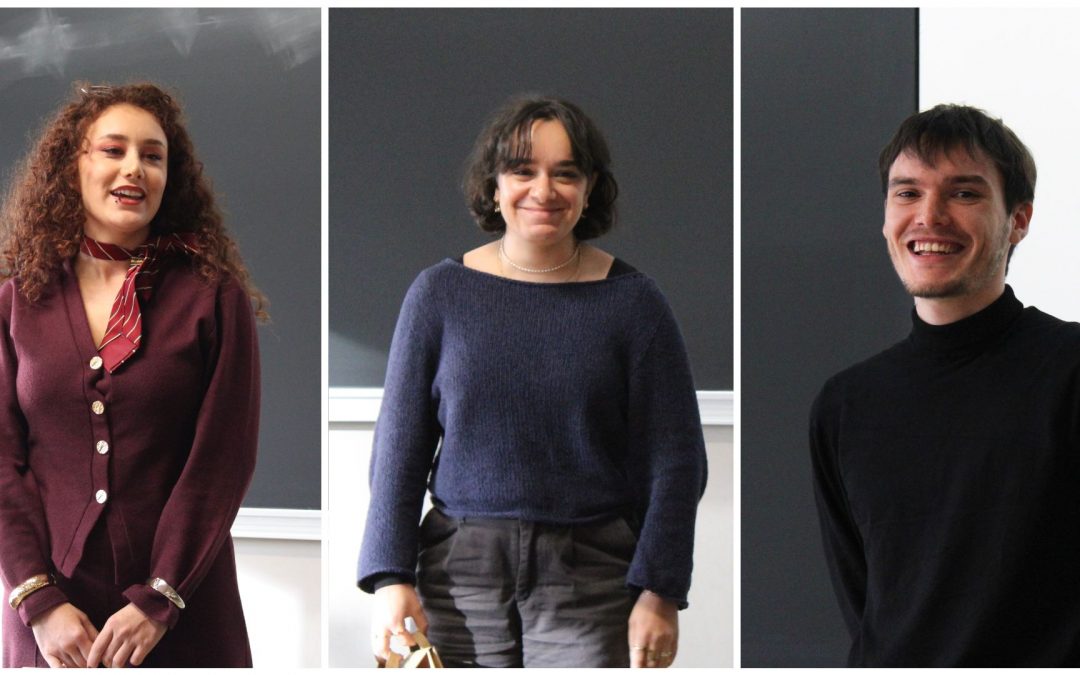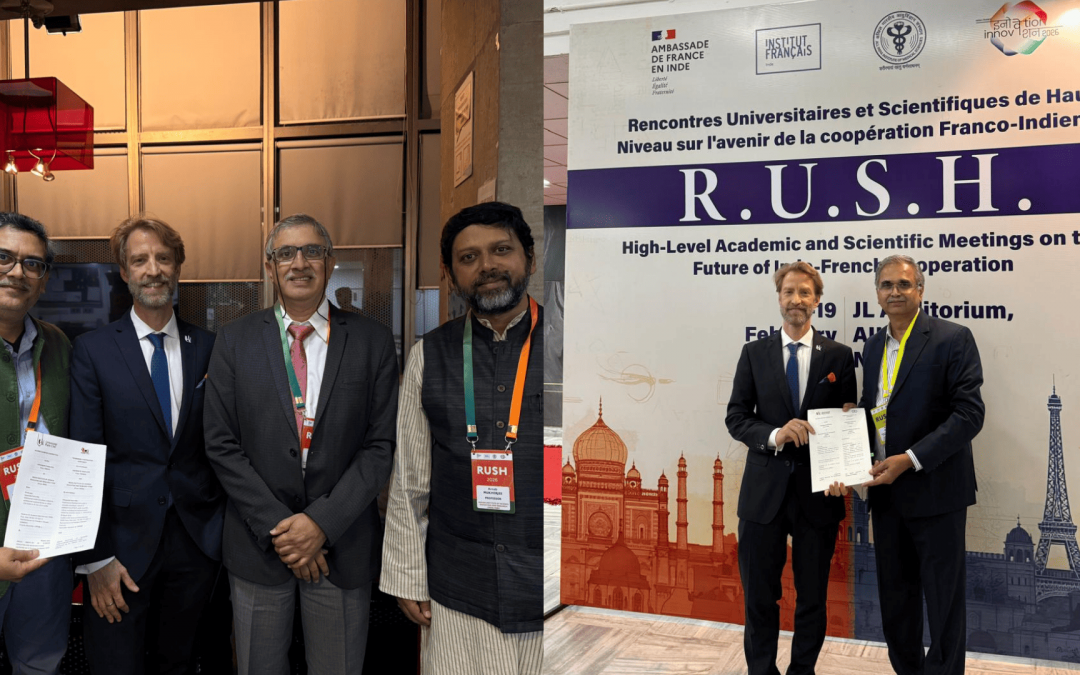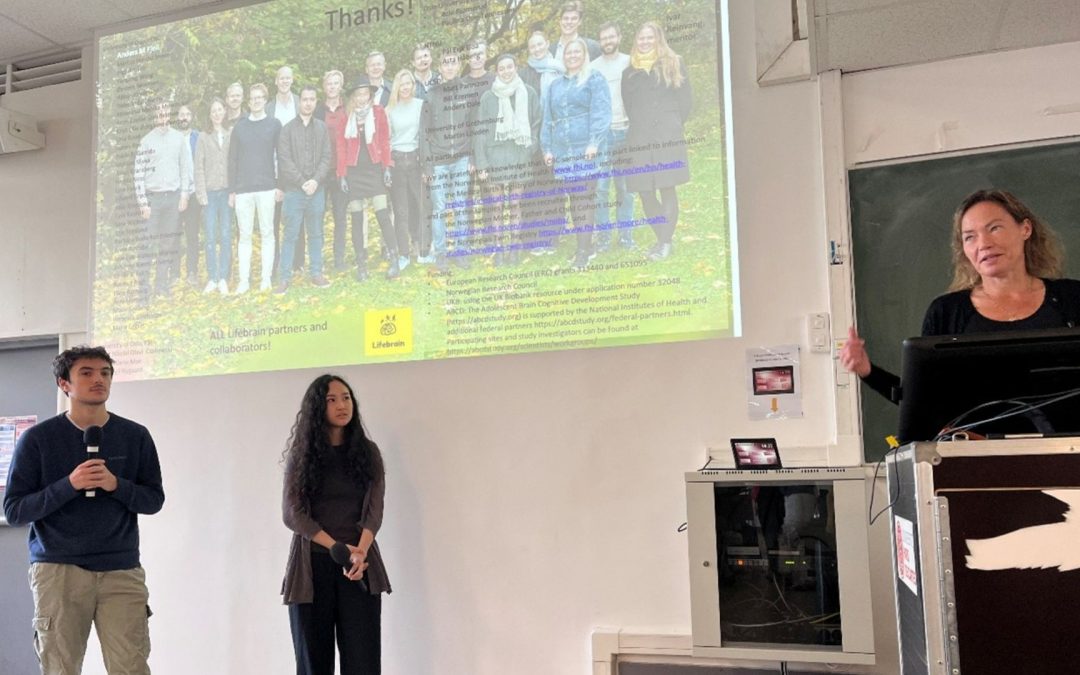Institut de physique du globe de Paris
The Institut de physique du globe de Paris (IPGP) is a component institution of Université Paris Cité with 300 students, 2 research laboratories, 450 researchers, teacher-researchers, administrative and technical personnel. It is also a leading institution of higher education and research in Earth sciences, in charge of the permanent observation of telluric processes (volcanism, seismicity, magnetic field).

Main building of l’institut de physique du globe de Paris (1 rue jussieu, 75005 Paris)
IPGP conducts research in all fields of solid Earth studies by combining observation, experimentation, laboratory analysis and measurement, and the construction of conceptual, analog and digital models. IPGP’s research is organized around four main themes: Earth and Planetary Interiors (structure, composition, evolution and dynamics of the deep Earth and the planets), Natural Hazards (lithospheric processes, seafloor, tectonics, volcanism, earthquakes, landslides, space weather), Earth System (critical zone, large surface cycles, effects of human activities, biosphere-hydrosphere-geosphere interactions), and Origins (of the solar system, planets, Earth, life, oceans, atmosphere). The Institute’s research teams have developed and operate high-level experimental and analytical equipment, most of which is grouped together in instrumental platforms open to the academic and industrial world.
The institute is responsible for the observatories of the three active volcanoes in France (La Soufrière in Guadeloupe, Montagne Pelée in Martinique and Piton de la Fournaise in Reunion Island). It likewise operates a network of 33 seismic stations and 11 magnetic observatories around the world, as well as the national magnetic observatory in Chambon-la-Forêt.
IPGP provides degree programs, from bachelor’s to doctorate level, whose objective is to prepare geoscience students for the world of fundamental and applied research, for professions related to the exploration and management of natural resources, as well as for those in the environmental field. IPGP’s position in the world of international research enables it to attract highly motivated students from France but also from Europe, America, Asia and Africa.
IPGP, a historical partner of Paris Diderot University, whose foundation dates back almost a century (1921), became a major higher education and research institution in 1990. This status was awarded to it following a gradual awareness on the part of the State, particularly after the volcanic crisis at the Soufrière de Guadeloupe in 1976, of the need to have an institution in France capable of possessing specific operational capacities that are guaranteed over the long term, enabling it to acquire and make accessible to the community high-level scientific data on the state of the three active volcanoes in France and to be a reference scientific institution for the authorities and the French government.
To fulfill its missions, IPGP is supported by a governance system that integrates research, observation and teaching. Its status as a major establishment enables it to rely on dedicated and secure means over the long term to guarantee uninterrupted observation, rapid and continuous transmission of observation data, their scientific interpretation at the highest level, and very rapid reactivity in the event of a crisis.
Website: L’Institut de physique du globe de Paris
Read more

Graduate School Sustainability, Organisations and Institutions Best Thesis Awards: Celebrating Scientific Excellence in Sustainability
The Graduate School Sustainability, Organisations and Institutions held its traditional awards ceremony for the Best Theses of its students. This distinction highlights the scientific excellence of research devoted to sustainable development and sustainability. Meet...

The Indian Institute of Science Education and Research in Pune and the Indian Institute of Technology in Bombay: UPCité’s first partners in India.
Antoine Kouchner, Vice-President of Strategy and International Relations at Université Paris Cité, travelled to India for the official visit of the President, Emmanuel Macron, to the High-Level Scientific and Academic Meetings (RUSH). In this context, UPCité...

International Day of Women and Girls in Science: celebrating the women who push research forward
February 11 was the International Day of Women and Girls in Science. On this day, Université Paris Cité reaffirms its commitment to the equality between men and women and celebrates the journey of the women who advance research. Between celebrating our heritage and...

INC Day 2025: an international scientific day dedicated to neuroscience
The Neuroscience and Cognition Institute of Université Paris Cité (INC) organized a new edition of the INC Day, focused on neurodevelopmental trajectories. A key partner of the event, the Graduate School Neuroscience invited its first year and second year master...
